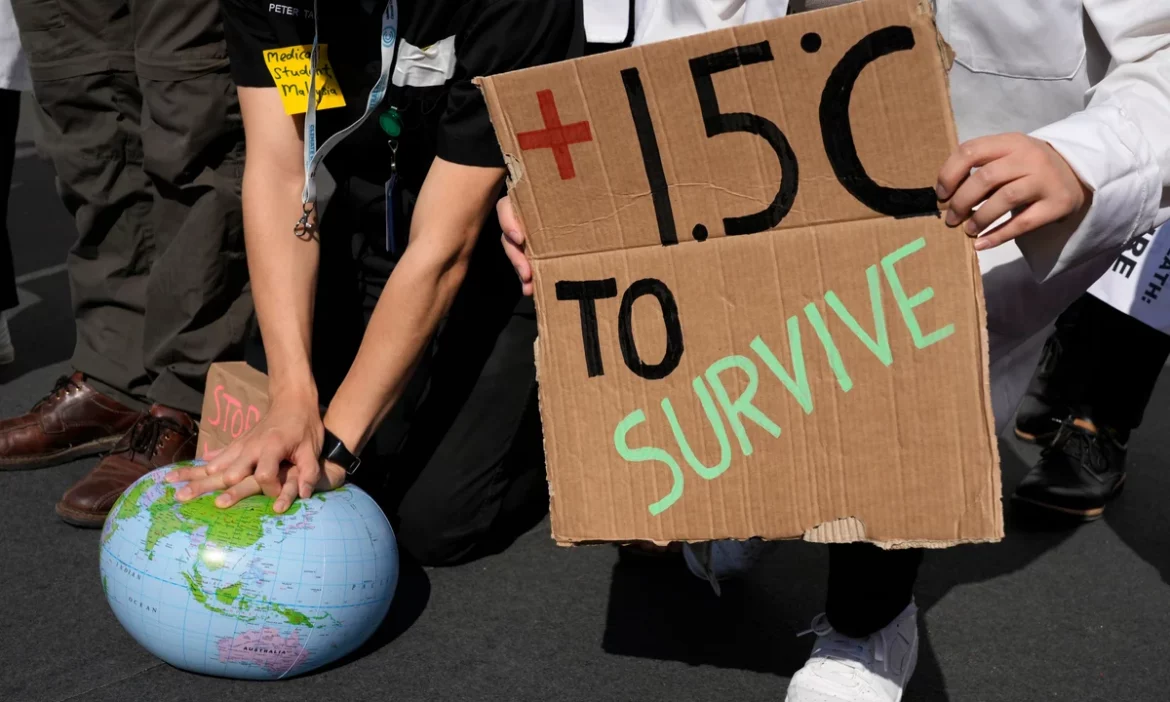A recent study has shown that political leaders “walking the talk” on climate action by flying less or eating less meat could be a “crucial missing link” in fighting global heating.
Researchers who undertook the study found that people are significantly more willing to reduce their own carbon footprint if they see leaders doing the same. The finding, by psychologists in the UK, was not a given, as green action by high-profile people can sometimes be dismissed as virtue-signalling.
The study also found that people were significantly less willing to change their behaviour when leaders do not lead by example. The former prime minister Rishi Sunak took 40 helicopter and small jet flights within the UK while in office.
The findings are significant because many experts argue that encouraging and enabling behaviour change by people is vital to tackling global heating. But there have been strikingly few examples of politicians leading by example.
Research for the UK Climate Change Committee estimates that 60% of the emissions cuts still required will involve behaviour change, and the Intergovernmental Panel on Climate Change increasingly recognises this need. To date, politicians have focused only on the systemic changes also needed, such as renewable energy rollouts and international agreements.
Read also: Starmer promises to avoid rerun of 1980s deindustrialisation with clean energy plans
A second study suggests why politicians are reluctant to publicise their personal green actions. Even MPs who strongly back climate action are afraid of criticism, such as being labelled fanatics or hypocrites if other aspects of their lives remain high-carbon.
There is the possibility of a win-win situation, the first study suggests, as it shows that people’s overall approval of political leaders increases for those leading by example.
The key, the researchers say, is for leaders to be consistent over time – avoiding green stunts – and to acknowledge that some changes may be too difficult or costly for everyone to make, such as using public transport, buying an electric car or installing a heat pump.
“[Leading by example] is a missing link because climate change is addressed politically in a technocratic, top-down way: new technology, changed systems of energy provision,” said Dr Steve Westlake, from Cardiff University, who led both studies. “These solutions avoid impact on people’s daily lives.”
“From now on, progress is really going to require people to change their behaviour and yet that has been avoided by politicians. We don’t like being told what to do,” he said. “But taking personal action can bridge that gap between the individual and the system. If we see leaders saying ‘here’s what I am doing’, it brings it back to daily life.” Westlake said there existed a stand-off, with politicians reluctant to ask people to change their behaviour and people reluctant to change without politicians showing the way.
Story was adapted from the Guardian.
